Thirteen members of the Class of 2022 have been named Falk College Scholars. Falk Scholars represent undergraduate students who display academic excellence, exceptional campus and community engagement, independent research and creative work, innovation in their disciplinary field, and personal integrity. Designation as a Falk Scholar is the highest academic award conferred by Falk College on graduating seniors.
We asked the Class of 2022 Falk Scholars to describe their most meaningful experiences at Syracuse University and here’s what they wrote:

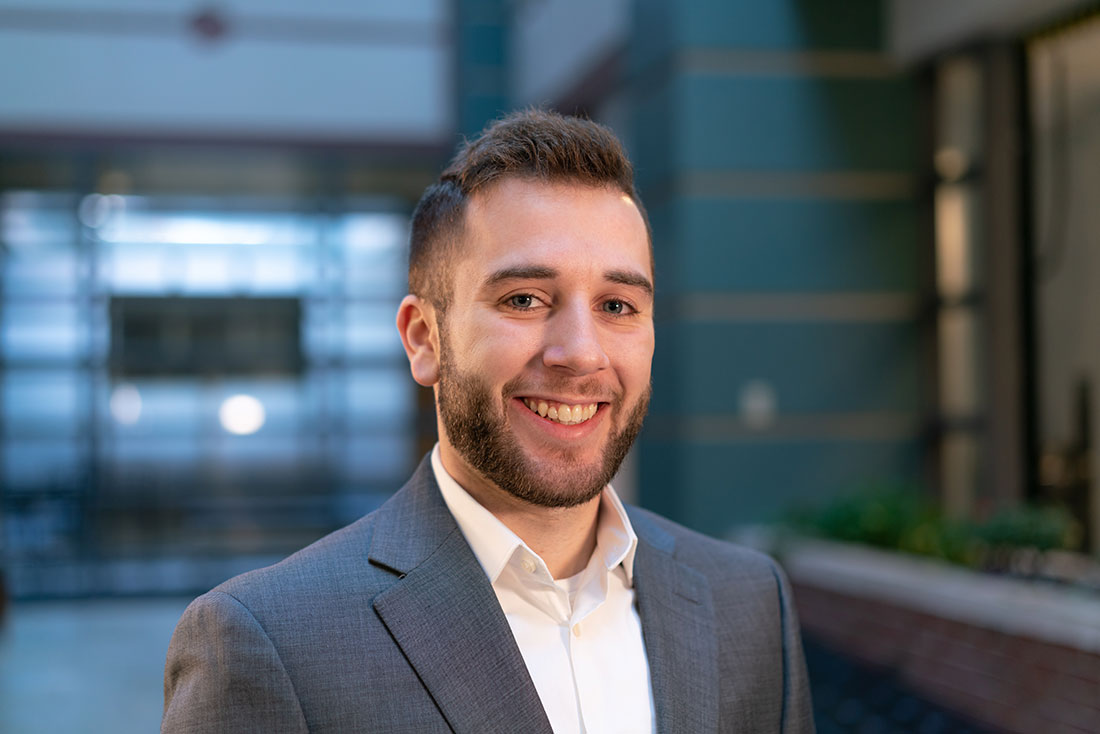
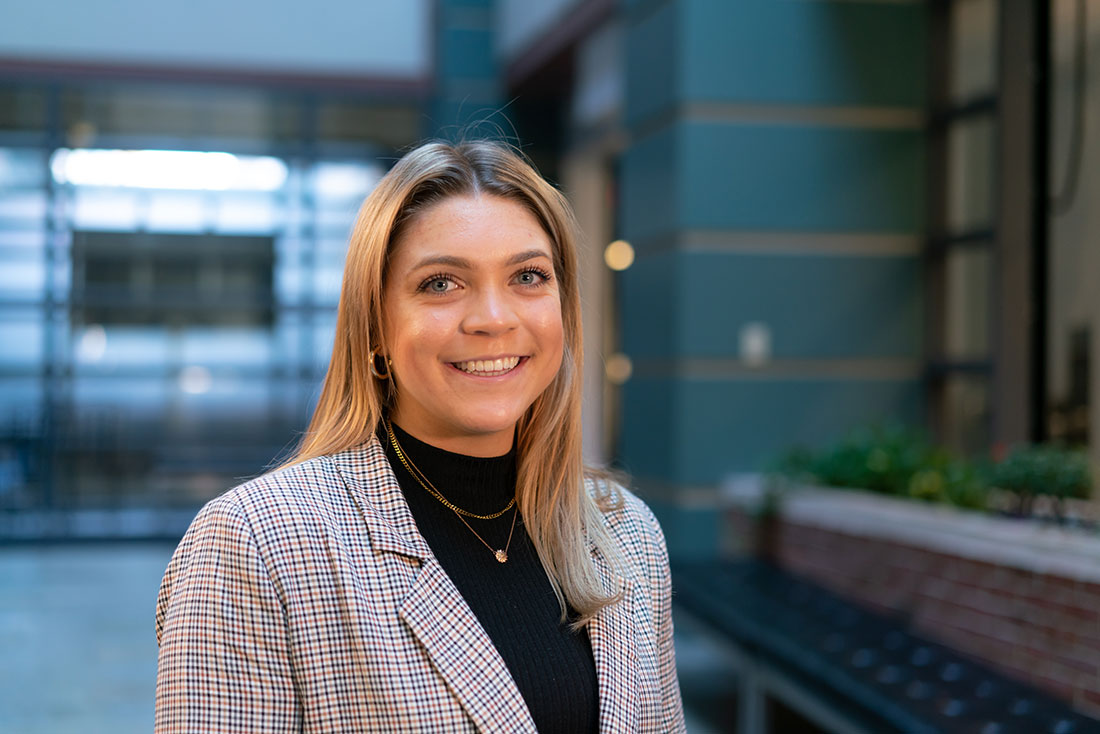

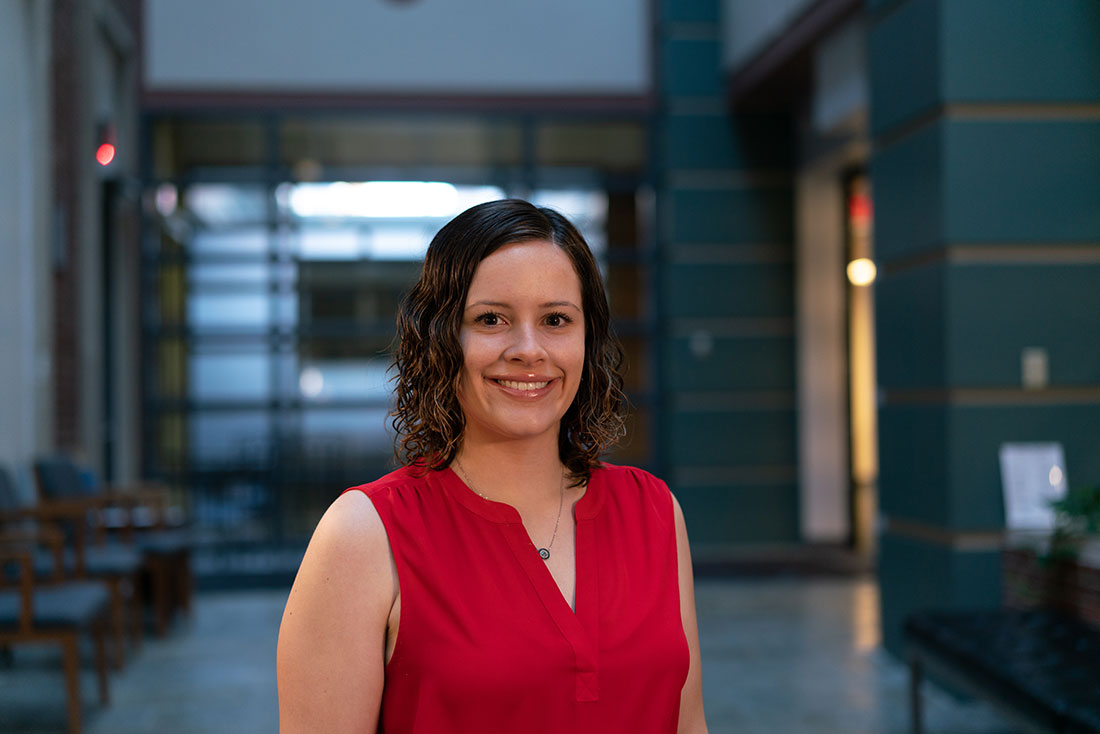
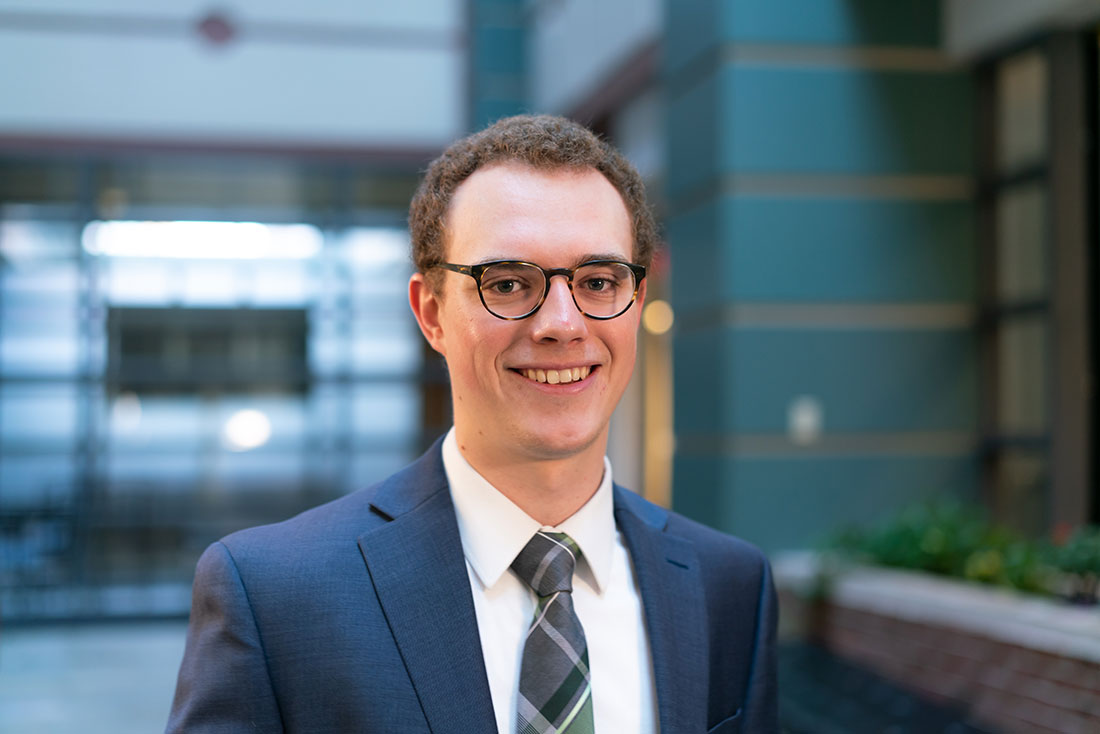
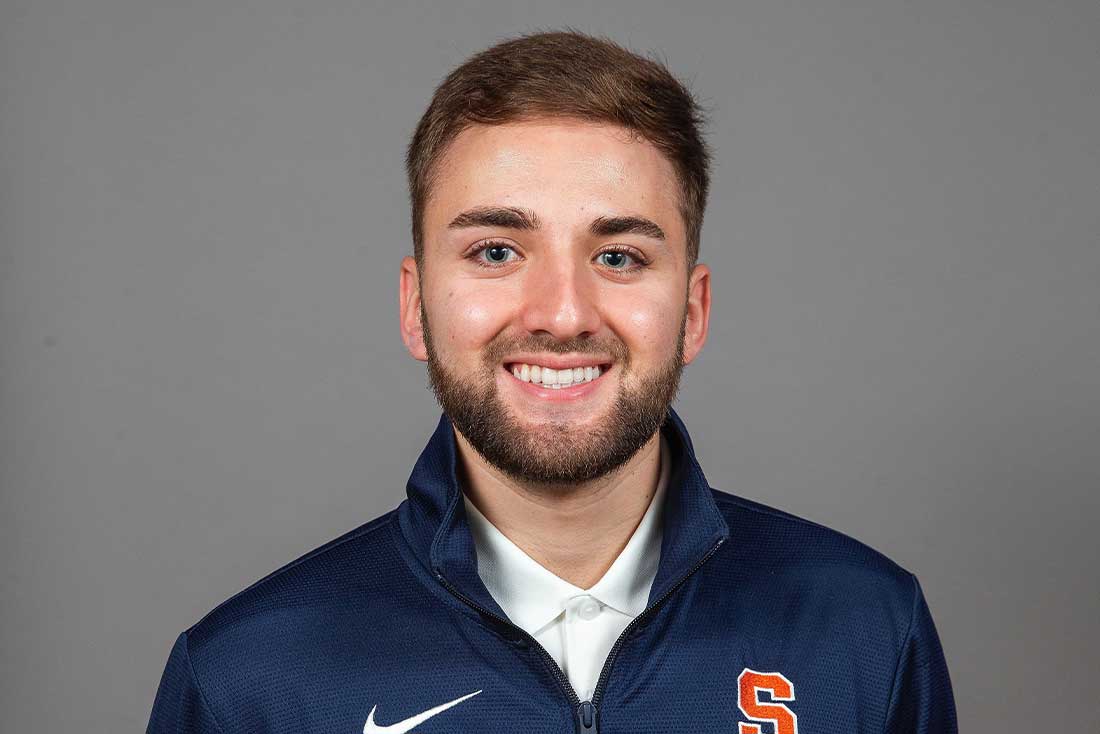
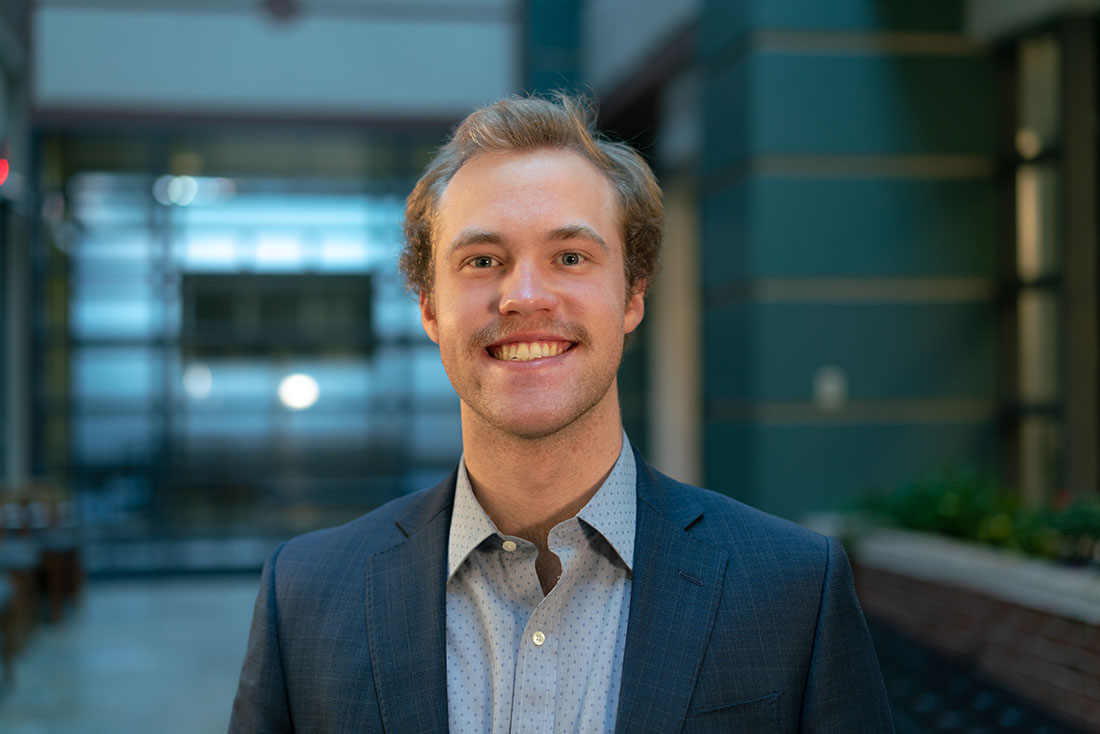
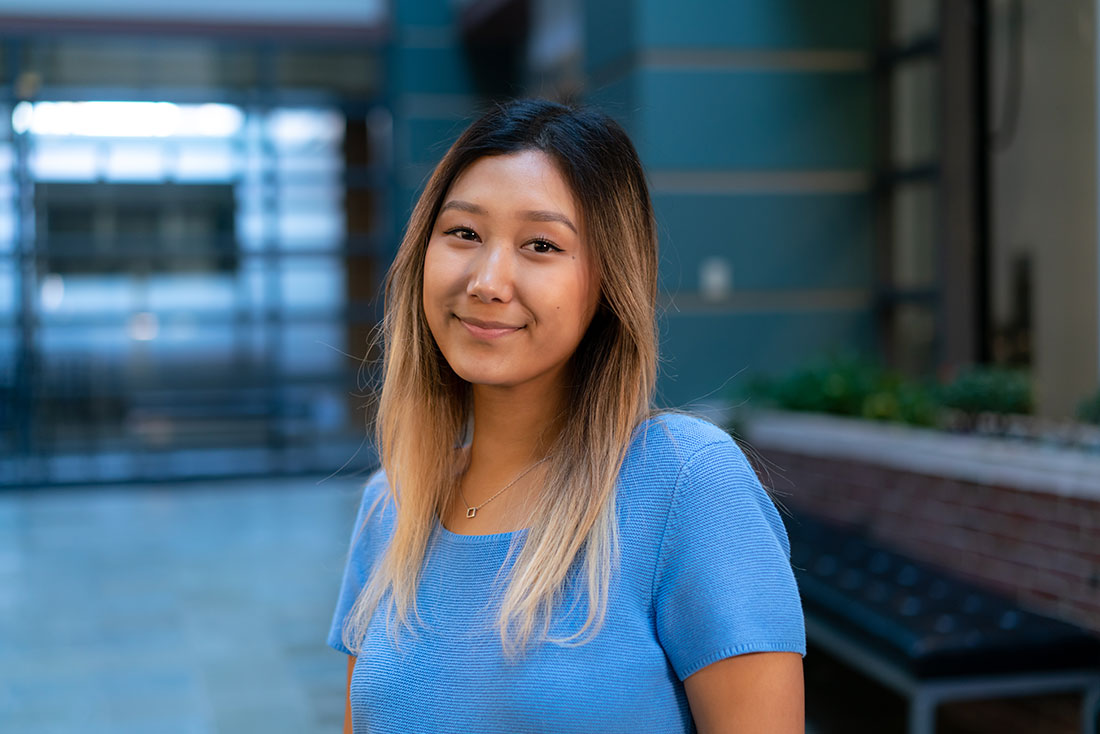
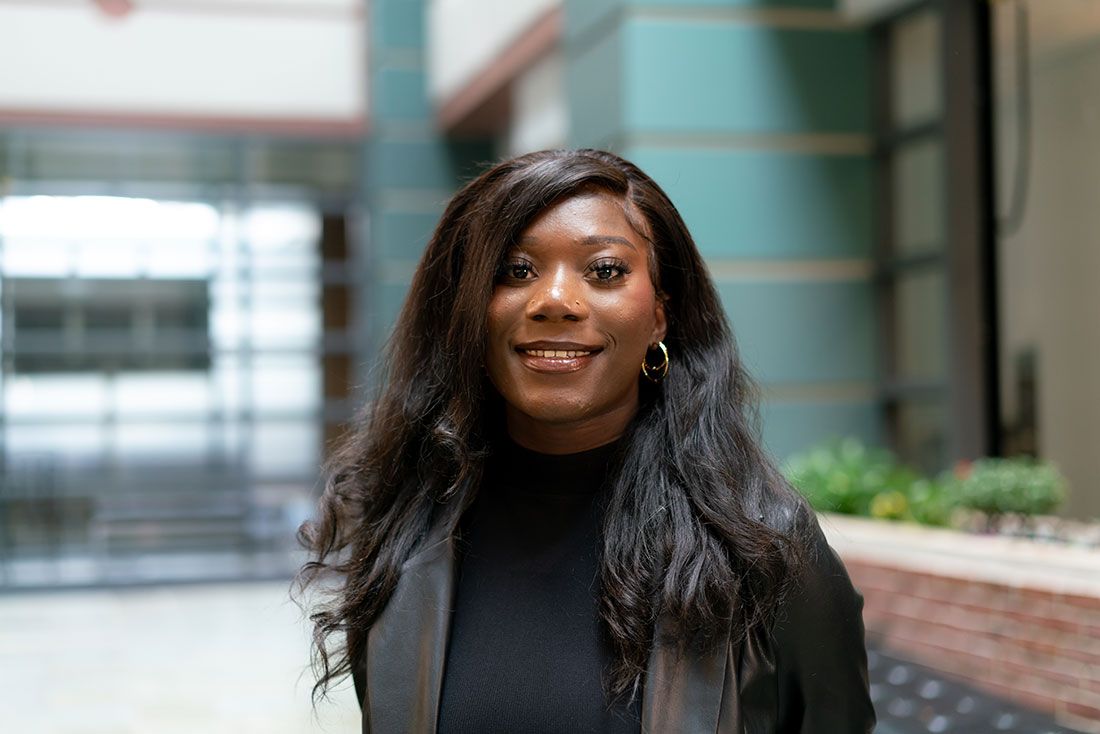
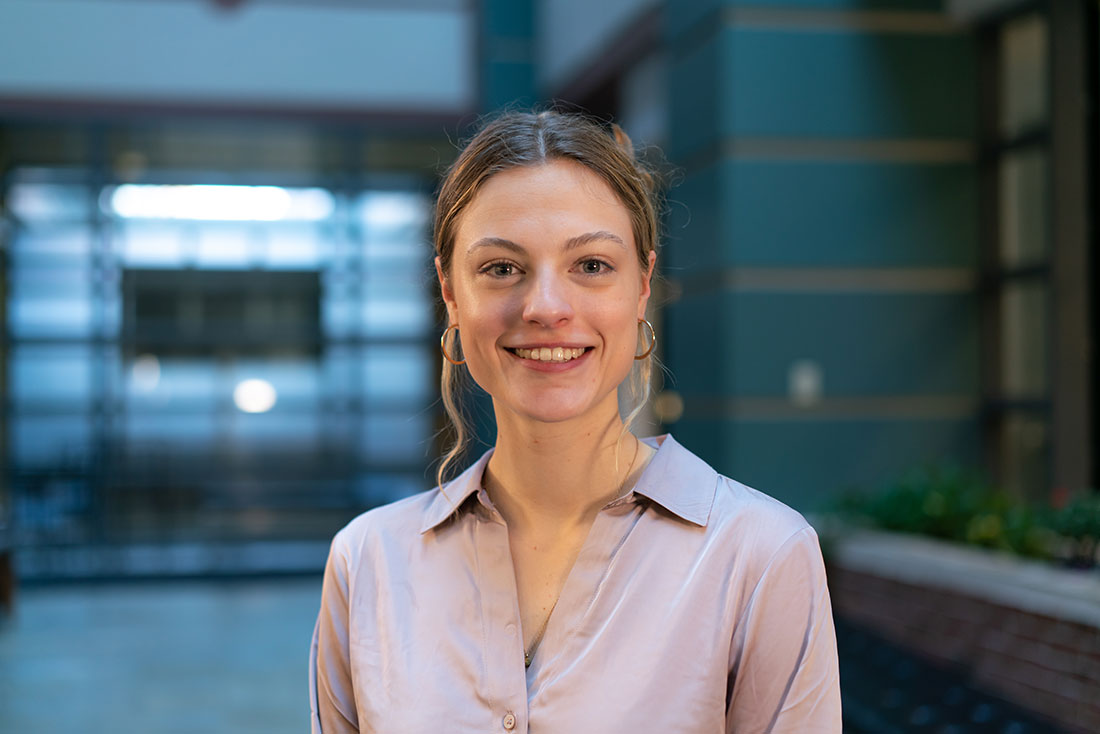
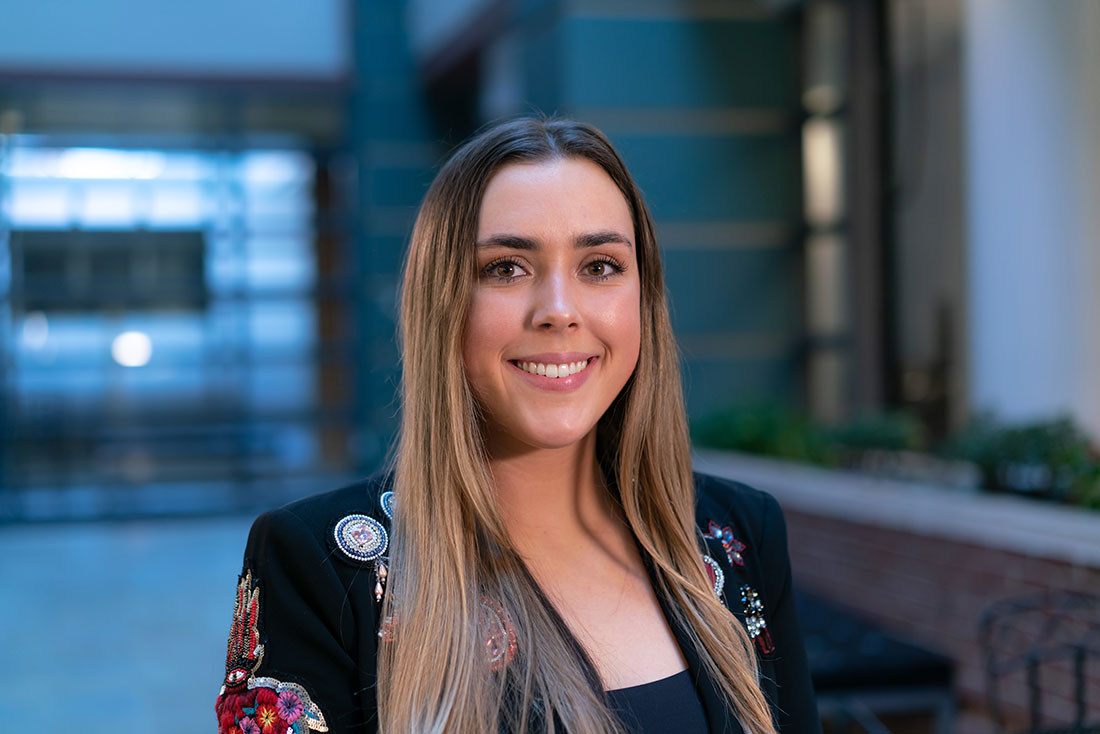
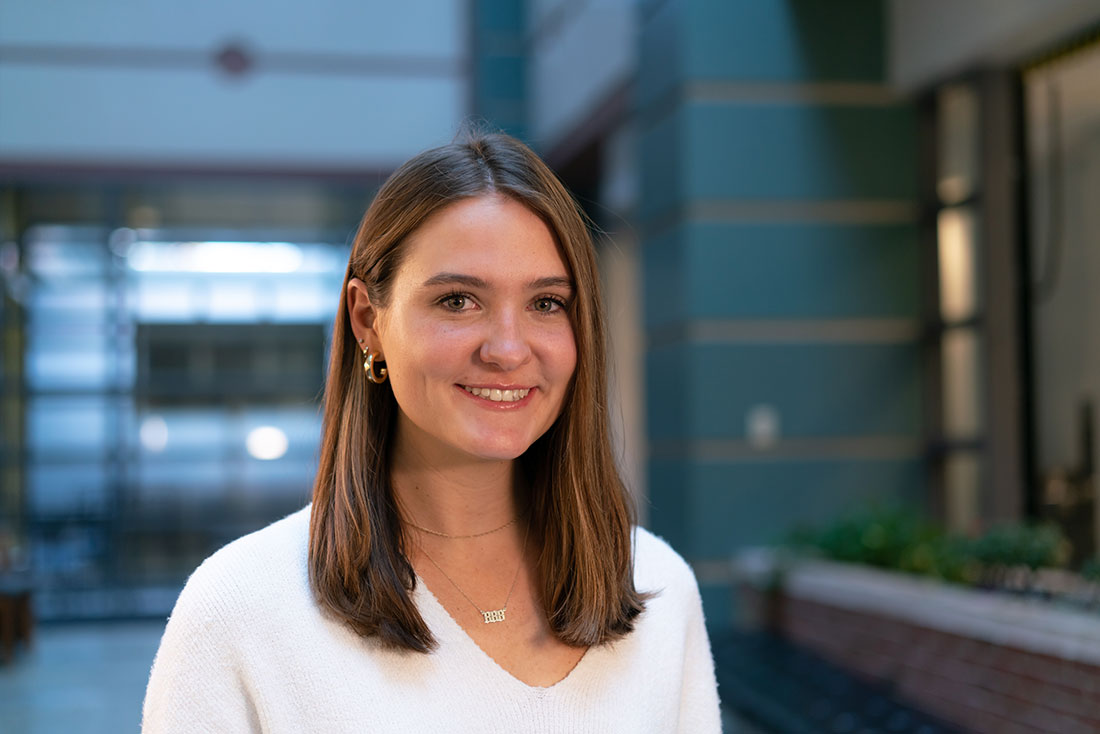
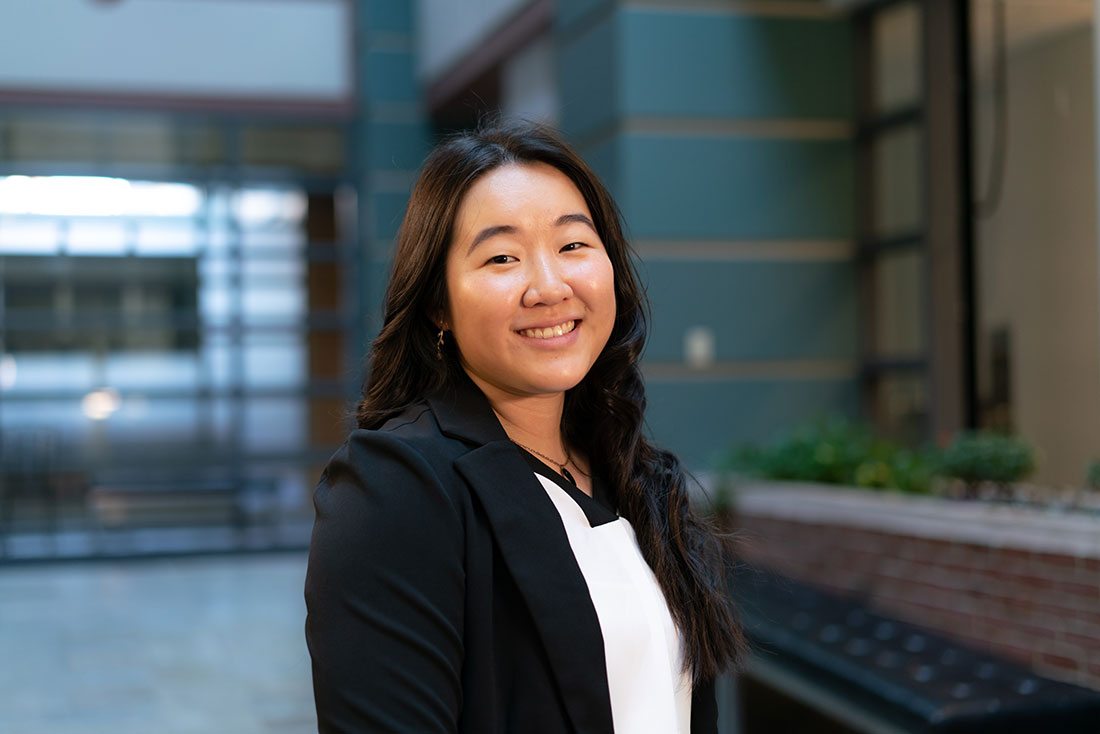
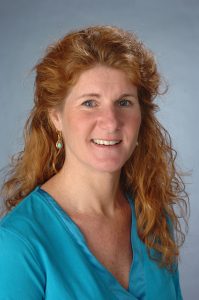
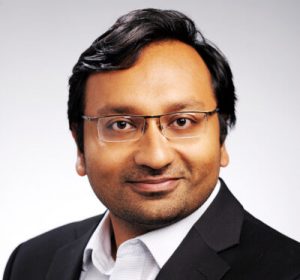
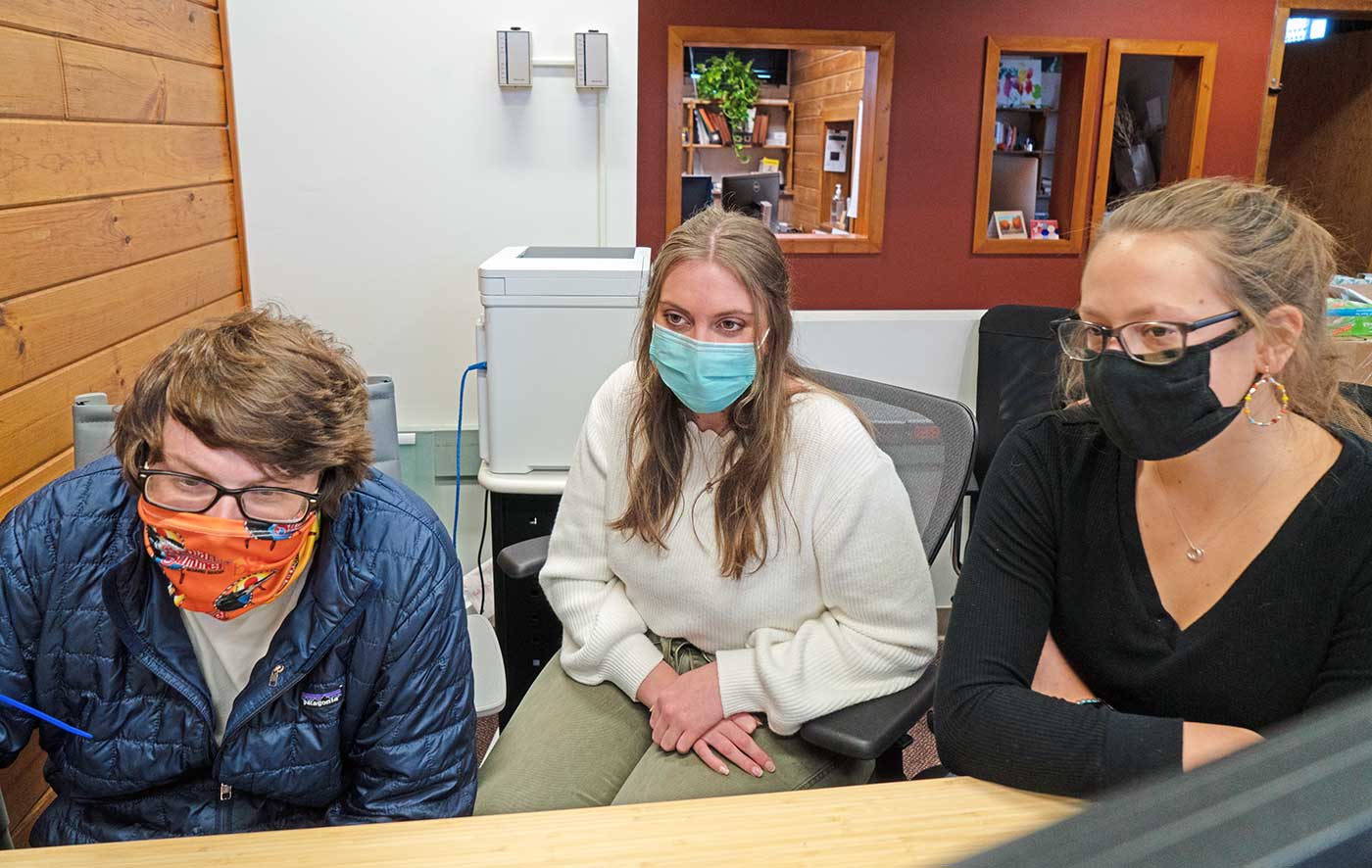
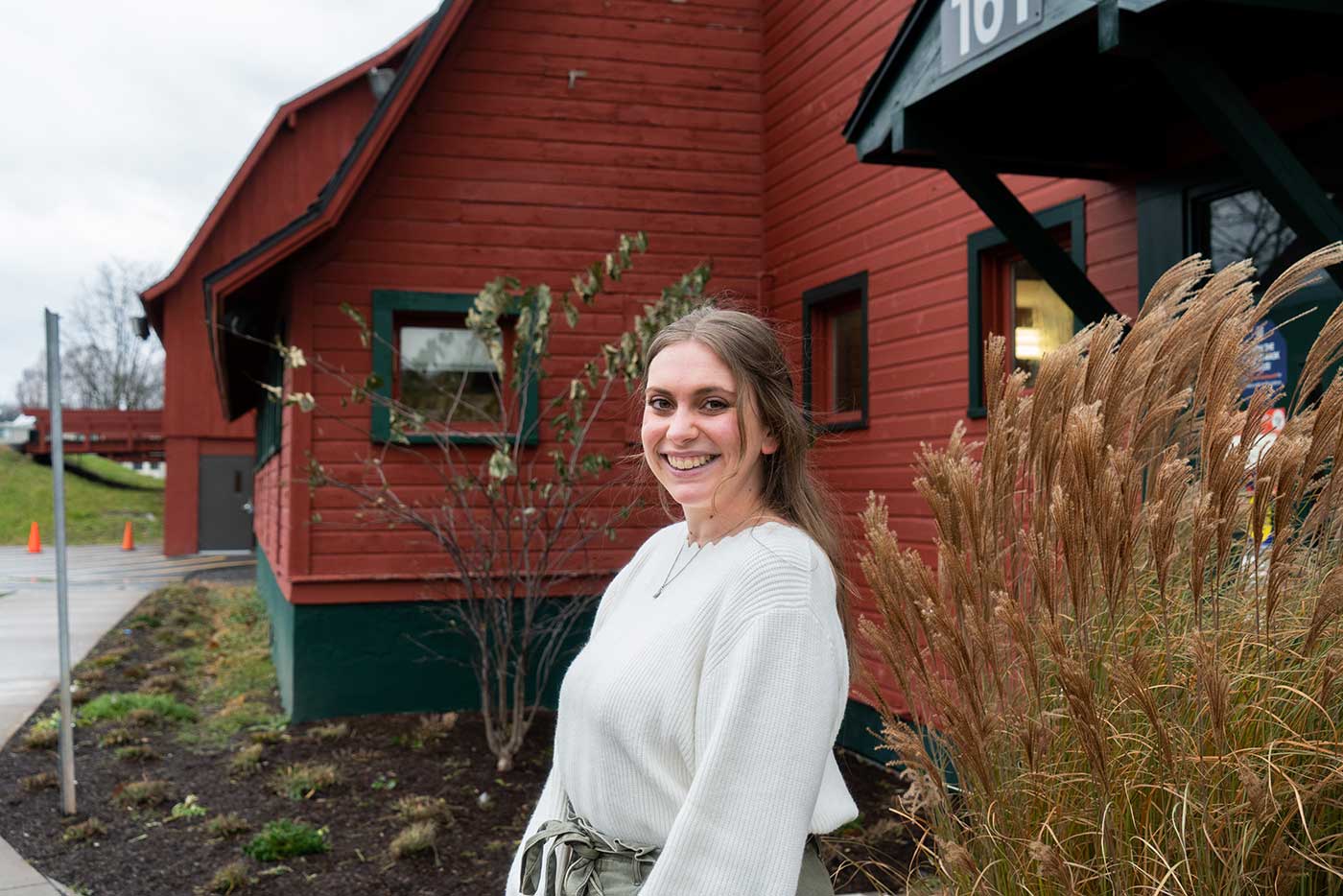
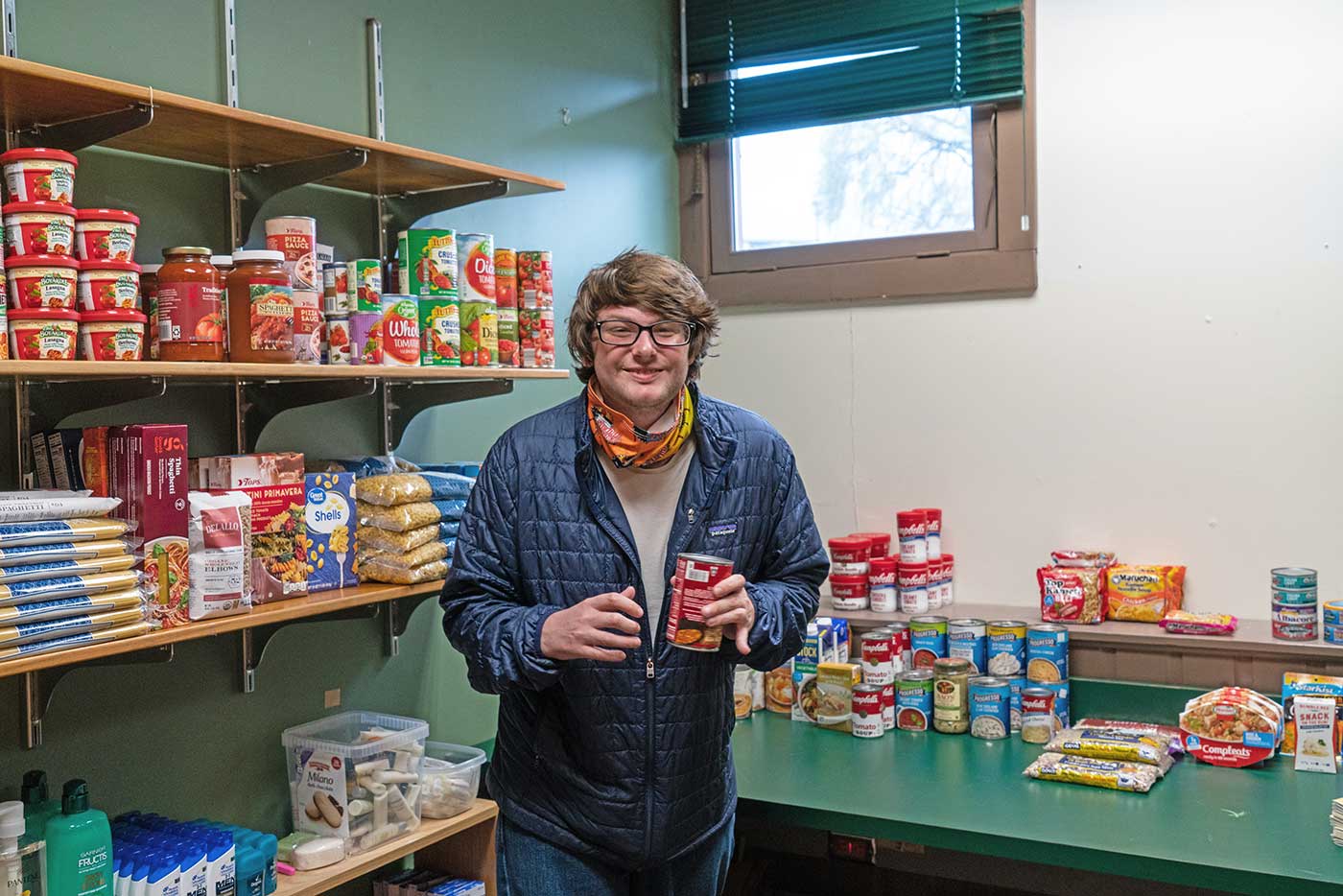

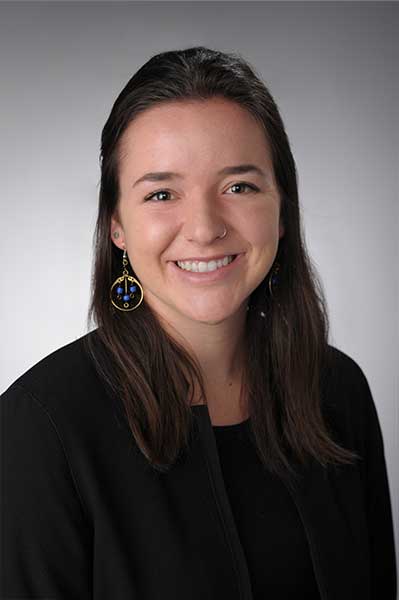
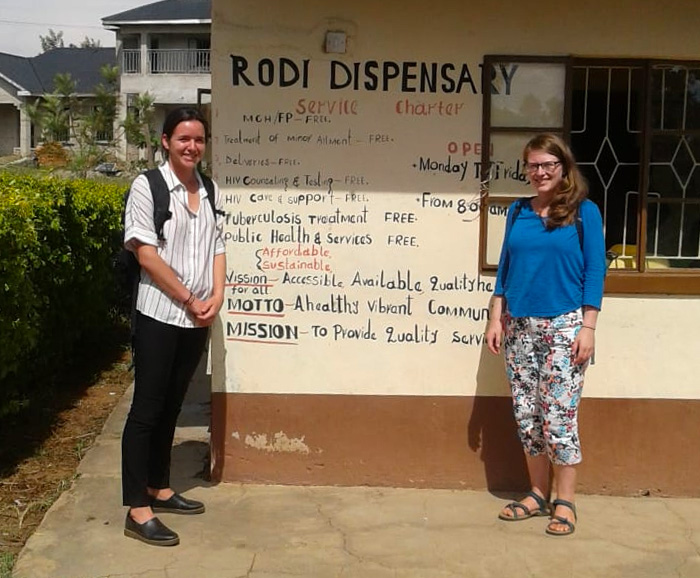
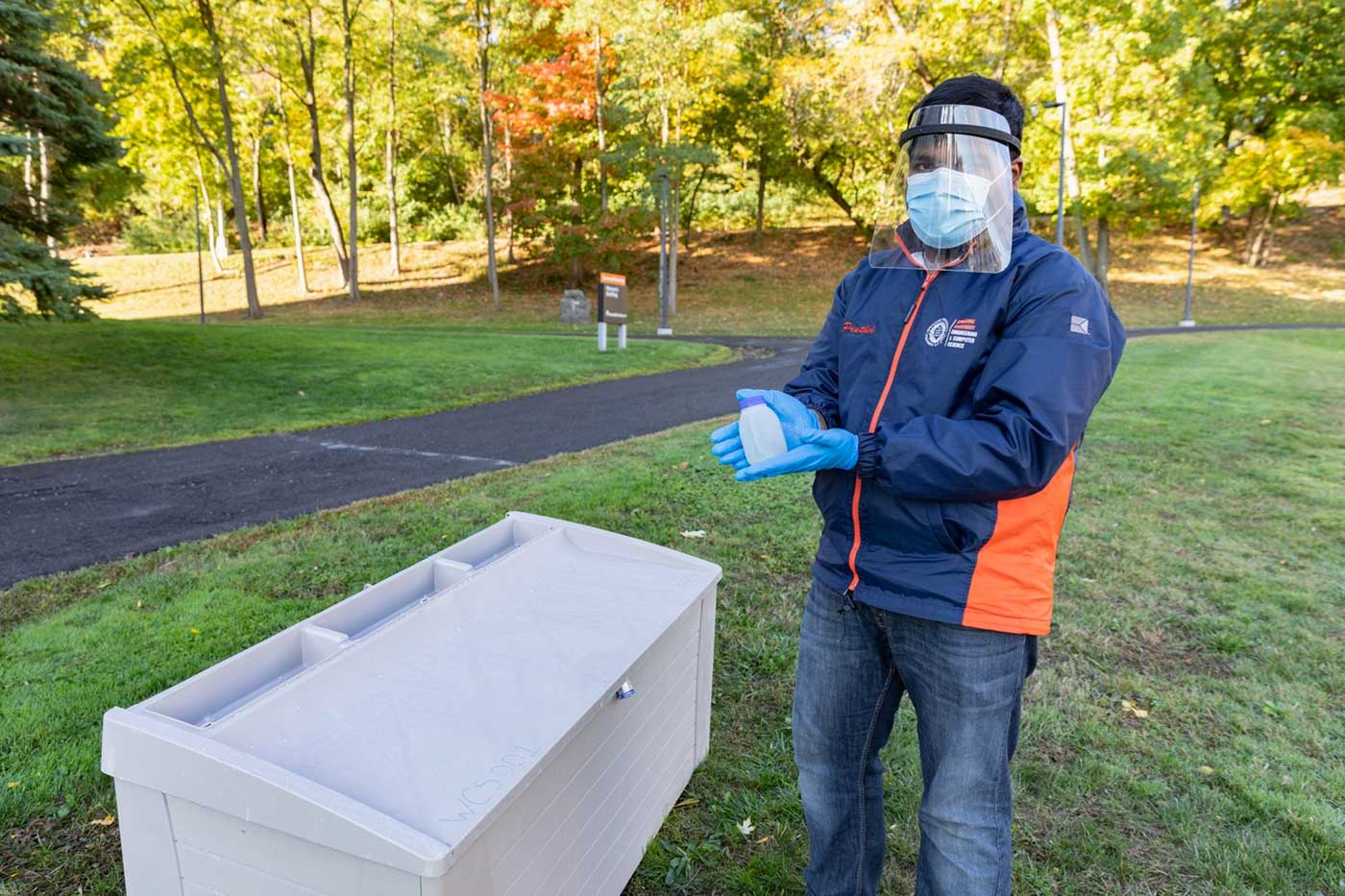
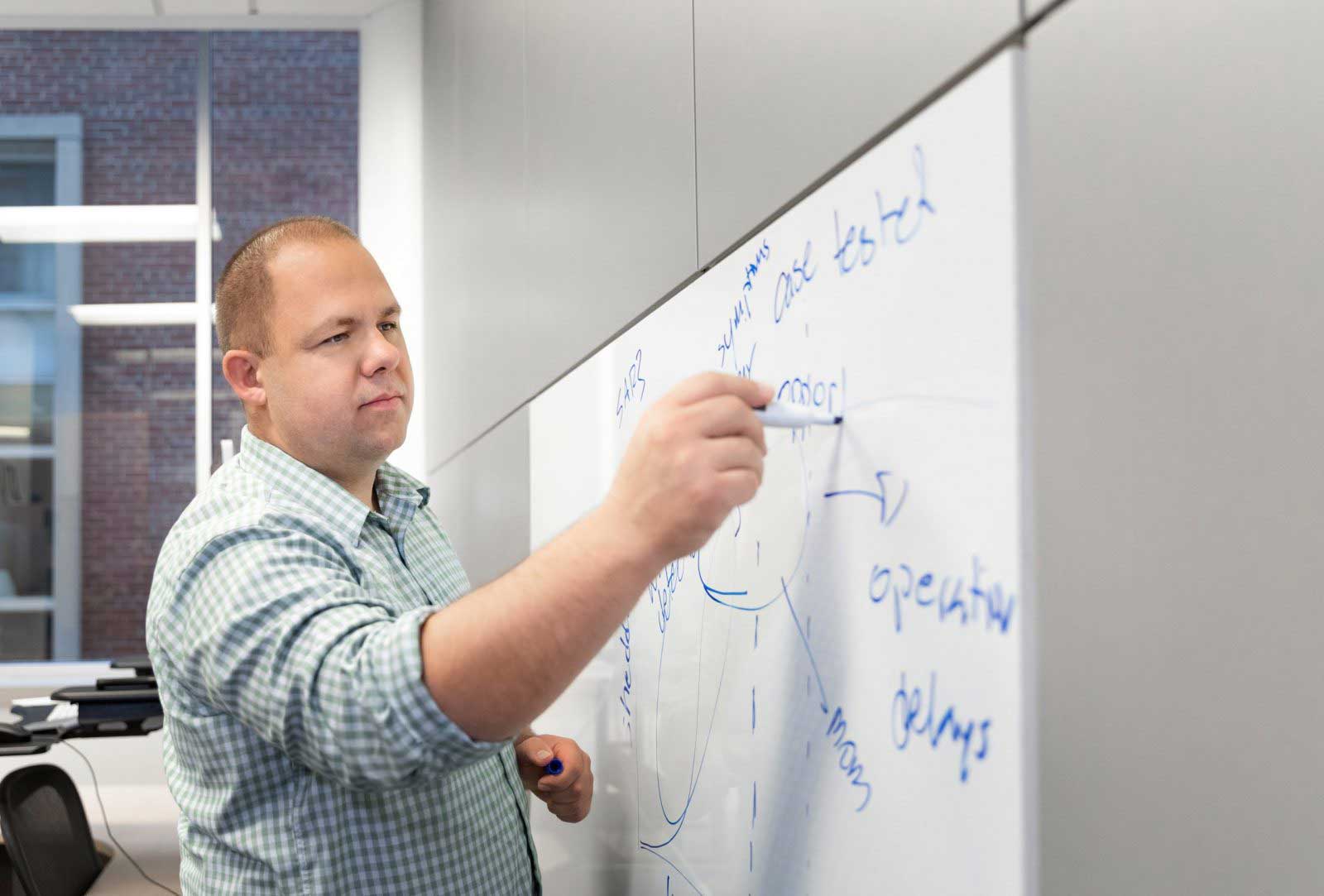
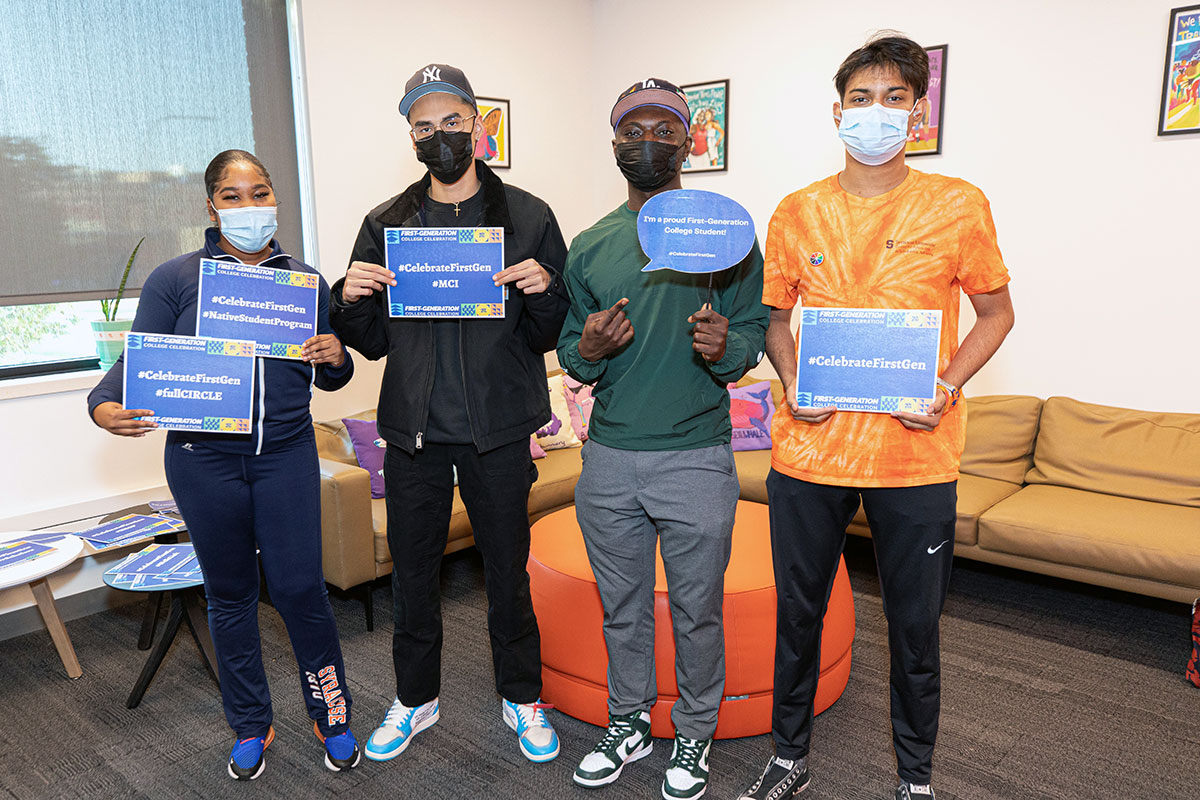
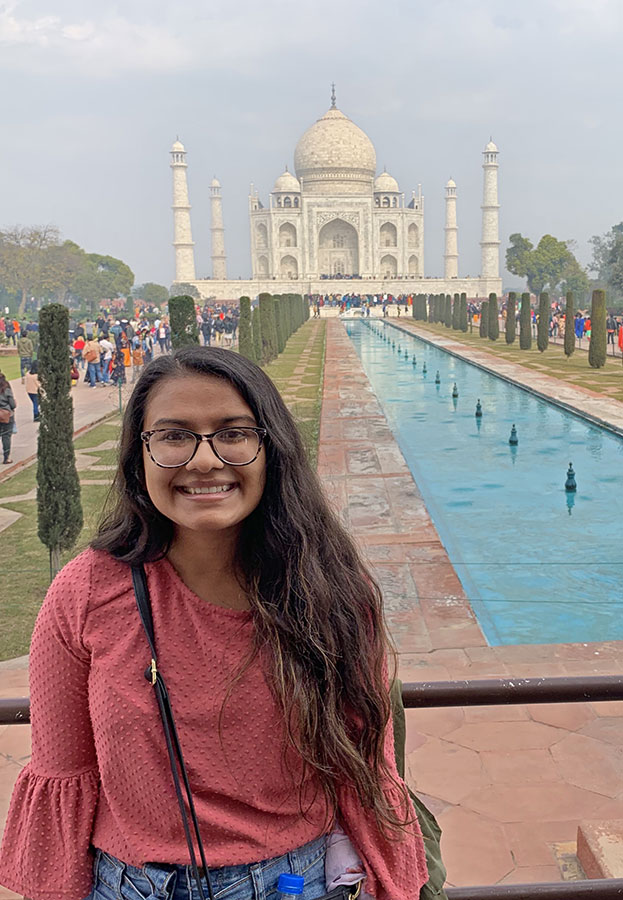
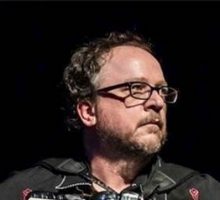
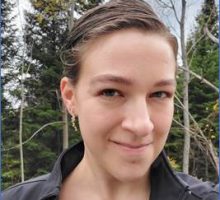 Jeremy French-Lawyer, BS Public Health ’14
Jeremy French-Lawyer, BS Public Health ’14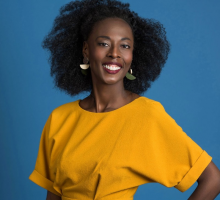 Ocesa Keaton, MSW ’15
Ocesa Keaton, MSW ’15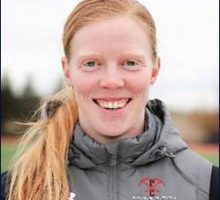 Eileen May-West, BS Sport Management ’10
Eileen May-West, BS Sport Management ’10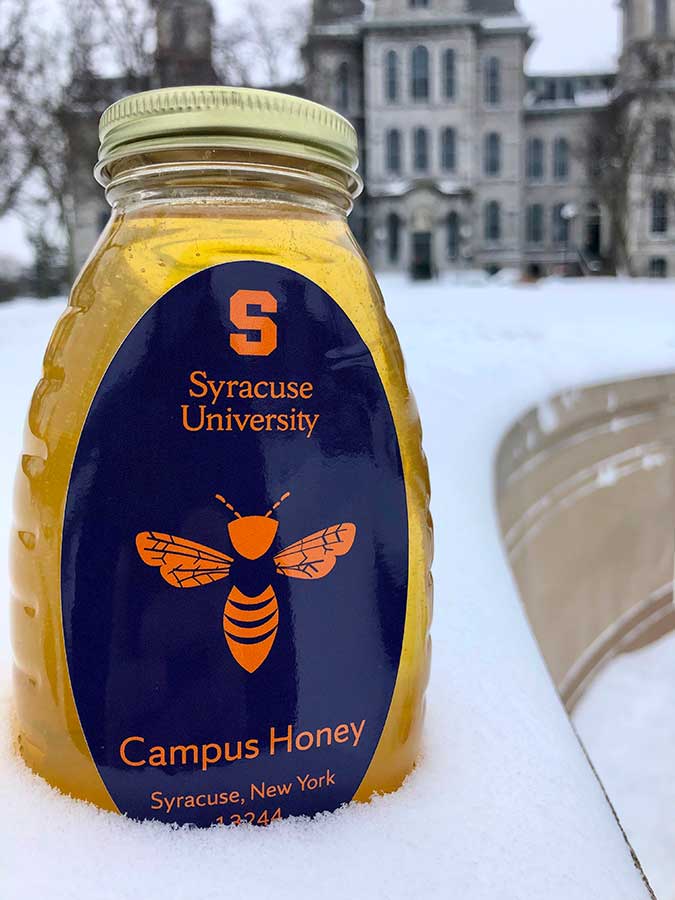 The product for sale is raw honey, meaning it is not processed and contains only one ingredient: honey. Raw honey retains beneficial nutrients, pollen and antioxidants that processed honey does not. The honey has a distinctive Syracuse University flavor due to the unique plants in the area of the hives. A jar of honey costs $12, with all proceeds of its sale going back to support the honeybee hives overseen by Sustainability Management.
The product for sale is raw honey, meaning it is not processed and contains only one ingredient: honey. Raw honey retains beneficial nutrients, pollen and antioxidants that processed honey does not. The honey has a distinctive Syracuse University flavor due to the unique plants in the area of the hives. A jar of honey costs $12, with all proceeds of its sale going back to support the honeybee hives overseen by Sustainability Management.